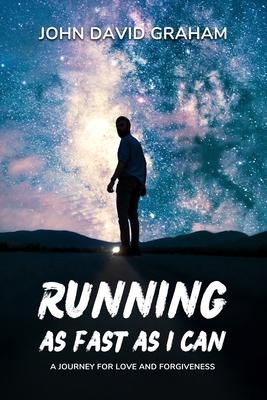Growing up in the mill slums surrounding Pittsburgh, all that 16-year-old Daniel Robinson ever wanted was a family who loved him. Instead, he was ignored by a mother who hid in her room praying to an unseen God, and a drunk for a father who used everyone as a punching bag. After yet another beating, he runs to the only man he trusts-his pastor. He welcomes Daniel-then assaults him.
Devastated, and frightened out of his mind, he runs away again, spending the next ten years wandering the country throughout the turbulent 1960's, desperate to forget the bedlam he called home. While traveling he gets caught up in the hippie drug invasion in San Francisco, racial violence in Cleveland and Detroit, and especially a deadly anti-war protest at Kent State.
Disillusioned, and nearly killed several times on his journey, Daniel loses hope he will ever be happy-until he meets Kate Fitzgerald, who was running from her own demons. Together they get a second chance at love and the family they both want.
Daniel is now determined his new family will be different than the abusive home he came from, but can he ever run far enough to leave behind his haunted past?
Because of his experiences with street people, he is offered a job helping men coming from prison. When asked to find housing for Charles Vickers, a black man who spent twenty years in prison for a rape Daniel is convinced he never committed, he and Kate open their own home to him. This enrages the community, especially when a local girl disappears. Violence erupts-with Daniel as the focus of their rage.
Should he stay and fight for Charles-and put his family at risk, or run away again?
Daniel's story, with its harrowing social themes, conveyed through an intense personal odyssey, bridges the gap between literary and commercial fiction. It would be enjoyed by readers who were moved by the heartbreaking, yet hopeful narratives of Forrest Gump and Where the Crawdads Sing.
RUNNING AS FAST AS I CAN vividly portrays a traumatic period in our history, while grappling with intense emotional and social issues we still face today. It is an epic journey for love and forgiveness. Most important, it is a page-turner story that readers will identify with because it is, on some level, everyone's story.
